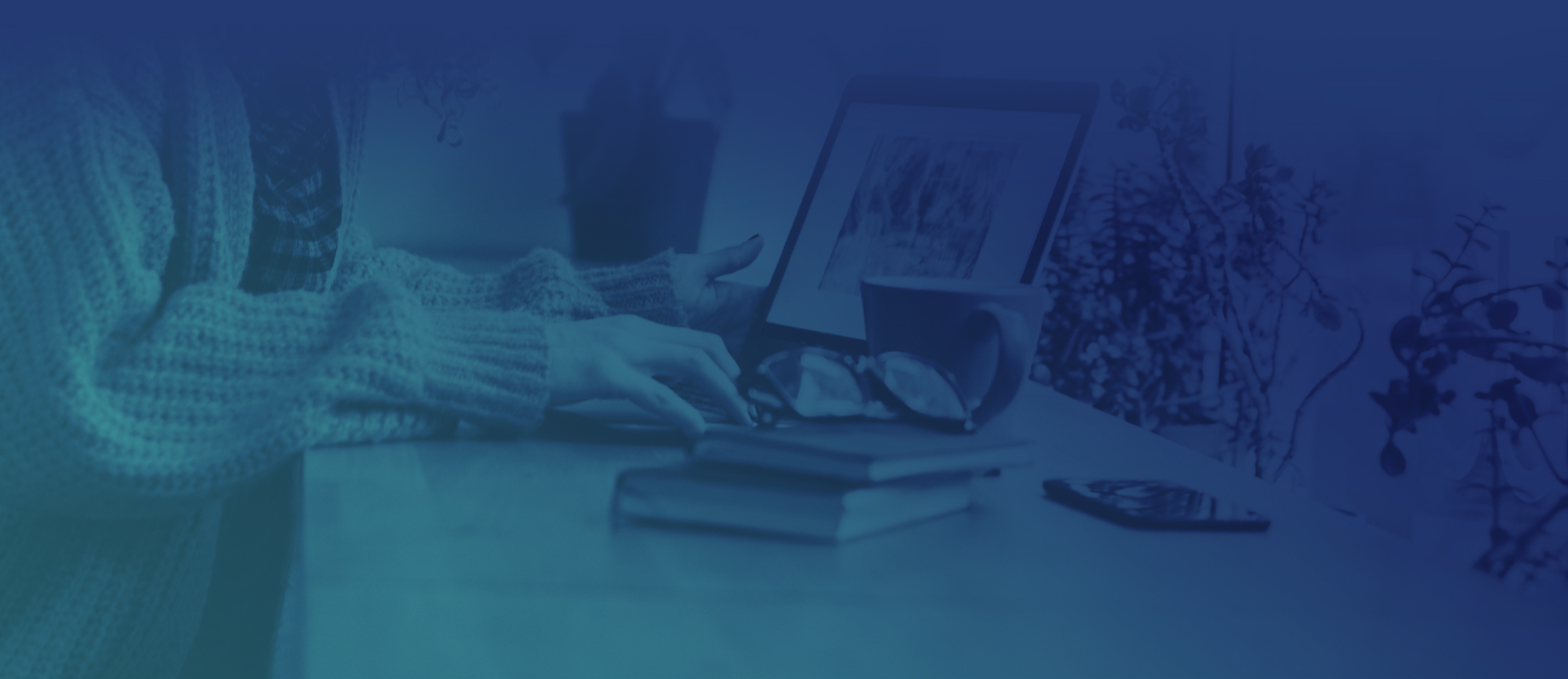
Encouraging you to thrive and grow
My blog has been created to deliver useful insights, information, and stories that can be applied to spark new ideas within companies or careers. Within it, I provide articles to read on topics like diversity, inclusion and belonging. I’m excited to share with you the practical applications of my process, the observations I’ve made about our current culture, and how to best discover your strengths and to apply them to better your life.
Join me as I share my stories, provide resources and knowledge to help you — be bold, be brave, be kind, and keep wishing out loud.
Stay Updated.
Fill out your information and get informed of updates to our blog!
What to Look for in a Diversity, Equity, Inclusion (DEI) Professional
As businesses recognize the benefits of having a robust diversity, equity, and inclusion policy, many also wonder how to find the best person to organize and run their DEI program.
Because DEI is new to many companies, there is a shortage of seasoned DEI professionals. Colleges are now offering courses on diversity, equity, and inclusion, and DEI certifications are also available.
Although a person may have completed a few courses on diversity, equity, and inclusion, that does not mean they have the best take on what it means to foster a diverse and inclusive environment in the workplace.
The DEI professional must possess a defined set of skills, some more quantifiable than others. Emotional intelligence, listening and communication skills, and leadership ability are important, but so are knowledge of human resources and risk management, employment law, project management skills, and organizational knowledge and learning agility.
First, a strong DEI professional doesn’t have to fall into a category of underrepresented people. An ideal candidate would possess the right skills to help your company create or manage the DEI policies and programs that effectively add value to align with your business’ needs.
Instead, look for a person with a solid educational background and sufficient experience in diversity, equity, inclusion, and belonging work to develop and implement an effective DEI strategy
It’s important to hire for expertise, not for any preconceived ideas of what a DEI professional should look or sound like due to prototype bias. If you don’t seek out the right blend of education and experience – and hire the person who brings the best mix of those qualities to the job – you could be setting yourself and your company up for failure.
Effective leadership is a key trait of a DEI professional, and the most effective DEI practitioners are self-aware people who have stellar communication and coaching skills, and the ability to influence others.
Curiosity is another important trait. After all, this professional must learn about the world from another person’s perspective, which requires investing in meaningful relationships with a deep interest in seeing life experiences through others’ eyes.
Courage is required to speak up when they see things differently, see patterns of exclusion or inequity, and lean into crucial conversations to drive change. The ability to give and receive feedback requires a level of resilience and self-care. They have to be able to recognize when to recharge and refresh because the work of DEI can often be emotional, trauma-filled work that can be exhausting.
Active listening is also crucial, especially the ability to listen without passing judgment on the speaker’s life or experiences. Careful, thoughtful listening breeds empathy, and to empathize with another is to make the other person feel valued and heard.
That also means being proactive, not just reactive, as a DEI practitioner must be a continuous learner who is looking at the laws, trends, current events, and future of work. Their ability to bring an inclusive equity lens to the operations shapes the policies and procedures that will likely be part of the culture for decades to come.
The ability to look at the data to draw out the areas needing additional focus and investment and then influence awareness to action with powerful storytelling takes practice.
It’s also important for a DEI professional to possess humility, to be able to understand when they are wrong and admit it. Humility also allows a person to explore their own unconscious biases without becoming defensive. By owning their own biases, they can see things more clearly and help to create an environment in which others are given every opportunity to feel valued for their unique contributions to the company.
